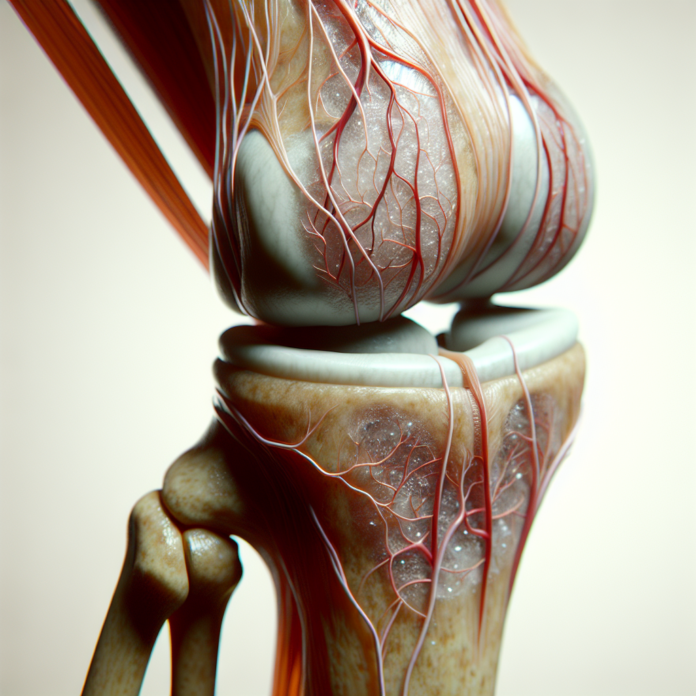Swelling Behind the Knee: Uncovering Potential Causes and Concerns
Swelling in the back of the knee can be a confusing and concerning symptom for many patients. While we often associate knee injuries with broad, all-encompassing swelling, localized swelling at the back of the knee can indicate specific issues. Understanding these possibilities is essential to managing symptoms and making informed decisions about treatment.
Arthritis and Cartilage Breakdown
One of the primary considerations when dealing with posterior knee swelling is the presence of arthritis or early cartilage breakdown. Arthritis is a degenerative condition that affects the joints, causing inflammation and pain. In particular, osteoarthritis, which is often due to wear and tear, can affect the posterior aspect of the femur and tibia, leading to swelling in that area.
This type of swelling usually isn’t as prominent as the significant swelling associated with more acute injuries. It manifests as a slight puffiness in the back of the knee, often accompanied by stiffness and discomfort, especially after periods of inactivity or overuse.
Meniscus Tear
Another common cause of posterior knee swelling is a meniscus tear. The menisci are c-shaped cartilages that act as shock absorbers between the femur and tibia. A tear, particularly in the posterior horn of the medial or lateral meniscus, can cause fluid to accumulate at the back of the knee.
This specific type of swelling may not be extensive, but it could still lead to significant discomfort and instability. A meniscus tear often arises from a sudden twisting motion or through degeneration over time and can be confirmed through imaging studies like an MRI.
Baker’s Cyst
A potential consequence of both meniscus injuries and osteoarthritis is the formation of a Baker’s cyst. This is a fluid-filled sac that develops when the joint produces excess fluid, which then protrudes through a weak spot in the joint capsule towards the back of the knee. It’s also known as a popliteal cyst.
While a Baker’s cyst is usually not severe, it can be painful, especially when bending the knee or during physical activity. It might even rupture, causing the fluid to leak into the calf and potentially mimic symptoms of more serious conditions like deep vein thrombosis.
Steps to Take
Given these potential causes, assessing the underlying issue is crucial. Here are a few steps you can take if you’re experiencing swelling at the back of the knee:
- Seek a Professional Evaluation: It’s essential to consult with a healthcare provider to obtain a correct diagnosis. An orthopedic specialist can further investigate through physical examinations and imaging tests.
- Monitor Your Symptoms: Keep track of when the swelling occurs and any activities or situations that exacerbate it. This information can be vital for your healthcare provider.
- Consider Lifestyle Adjustments: Simple lifestyle modifications such as reducing high-impact activities, incorporating low-impact exercises like swimming or cycling, and applying ice to the affected area can alleviate symptoms.
- Explore Non-Surgical Treatments: Depending on the diagnosis, treatments such as physical therapy, anti-inflammatory medications, or injections might be recommended before considering surgical options.
Conclusion
Remember, the back of the knee is a complex area with various structures that can contribute to swelling. Each condition has its nuances, and professional guidance is paramount for accurate identification and effective management.
If you suspect an injury and are exploring options beyond surgery or cortisone shots, consider discussing regenerative medicine techniques such as PRP (platelet-rich plasma) therapy with your specialist. These treatments may provide relief by enhancing the body’s natural healing processes.
Ultimately, keeping an open line of communication with your healthcare provider, adhering to their recommendations, and proactively managing your condition will put you on the path to recovery. Stay informed and take charge of your health as you navigate through these challenges.
